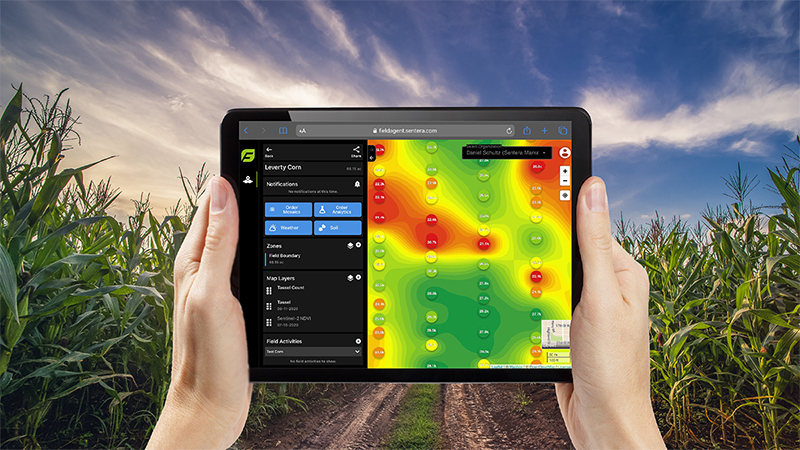BASF, Monsanto Expand Biotech Collaboration
BASF and Monsanto Co. have expanded their joint efforts to develop higher-yielding and stress-tolerant crops to include a fifth crop, wheat. In addition, the companies are increasing their investments in the collaboration, reflecting the strong leads and commercial prospects in the collaboration’s early work. The collaboration that was established in 2007 includes the following crops: corn, soy, cotton, and canola. In the original collaboration, the two companies dedicated a joint budget of potentially $1.5 billion; the new agreement will result in a potential additional investment of more than $1 billion by the companies over the life of the collaboration.
“Our yield and stress collaboration with BASF already has brought forth so many promising leads, the first of which we’ll see on farm in coming years with our first-generation drought-tolerant corn,” says Robb Fraley, Monsanto’s chief technology officer. “When I look at the promise Monsanto’s unmatched pipeline holds, and the potential for the discovery work in progress at both our companies, this announcement is excellent news for farmers around the world.”
“BASF Plant Science is dedicated to discover genes for maximizing yield in crops that will be brought to farmers through partnerships," says Peter Eckes, president of BASF Plant Science. "The collaboration with Monsanto was not only the first agreement that we entered, it also represents our most significant partnership, covering several large row crops. The expansion of our partnership reflects the fit between the two companies. The yield increases that we have achieved together in the field so far give us confidence that we can do more in our collaboration crops, which now include wheat.”
The terms of the original collaboration continue, with each company maintaining independent trait discovery programs, nominating from those programs specific candidate genes to advance for accelerated joint development. Projects will be jointly funded through each phase of development, and products that emerge from the joint development will be commercialized by Monsanto. The profits associated with commercialized products will be shared, with Monsanto receiving 60 percent of net profits and BASF receiving 40 percent of net profits.
With regard to the addition of wheat to the collaboration, the partners will initially focus on developing biotech products for the North American and Australian markets. The first enhanced yielding wheat product is expected to reach the market after 2020. This product will be followed by successive generations of higher-yielding wheat varieties.






